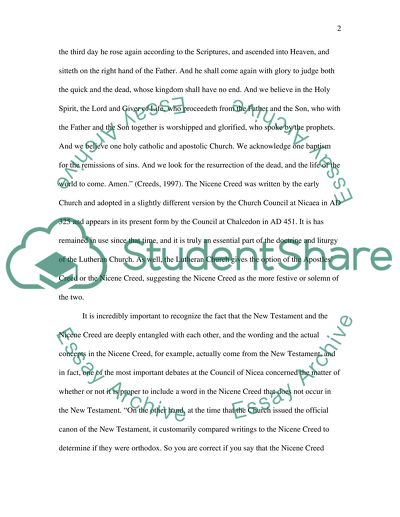Cite this document
(“Dominant Theological Issue at Stake in the Resolution of the Nicene Essay”, n.d.)
Dominant Theological Issue at Stake in the Resolution of the Nicene Essay. Retrieved from https://studentshare.org/miscellaneous/1521317-a-critical-question-what-was-the-dominant-theological-issue-at-stake-in-the-resolution-of-the-nicene-creed
Dominant Theological Issue at Stake in the Resolution of the Nicene Essay. Retrieved from https://studentshare.org/miscellaneous/1521317-a-critical-question-what-was-the-dominant-theological-issue-at-stake-in-the-resolution-of-the-nicene-creed
(Dominant Theological Issue at Stake in the Resolution of the Nicene Essay)
Dominant Theological Issue at Stake in the Resolution of the Nicene Essay. https://studentshare.org/miscellaneous/1521317-a-critical-question-what-was-the-dominant-theological-issue-at-stake-in-the-resolution-of-the-nicene-creed.
Dominant Theological Issue at Stake in the Resolution of the Nicene Essay. https://studentshare.org/miscellaneous/1521317-a-critical-question-what-was-the-dominant-theological-issue-at-stake-in-the-resolution-of-the-nicene-creed.
“Dominant Theological Issue at Stake in the Resolution of the Nicene Essay”, n.d. https://studentshare.org/miscellaneous/1521317-a-critical-question-what-was-the-dominant-theological-issue-at-stake-in-the-resolution-of-the-nicene-creed.


